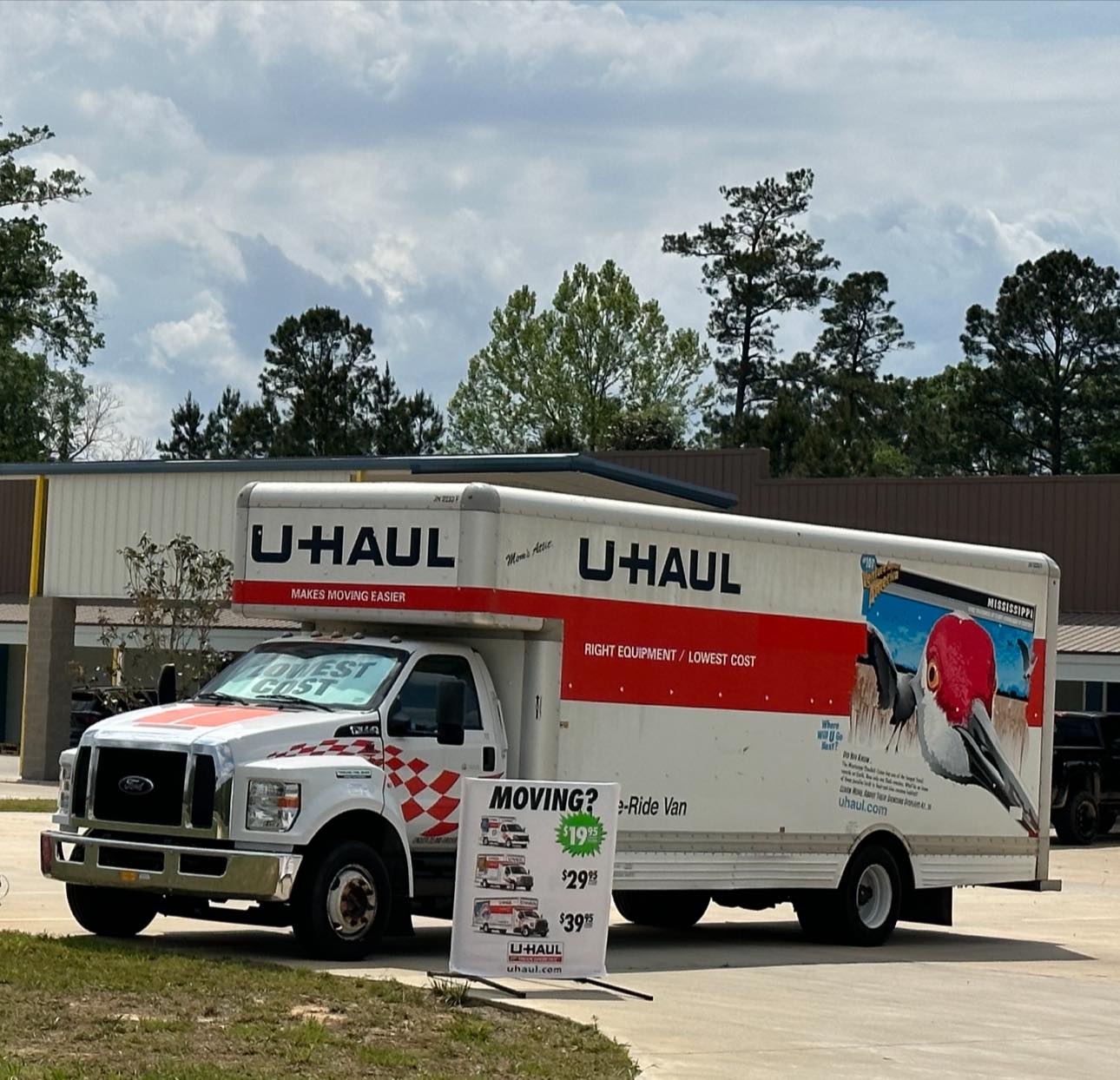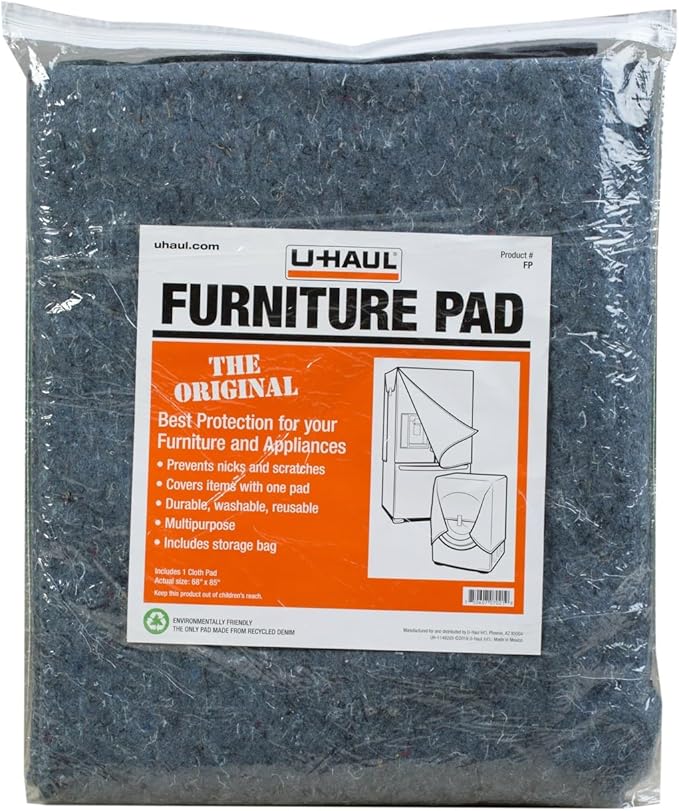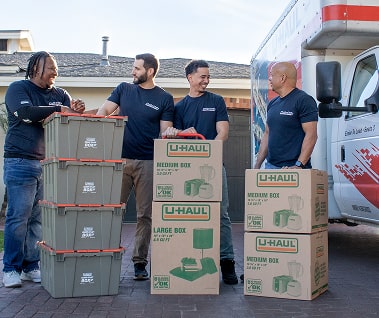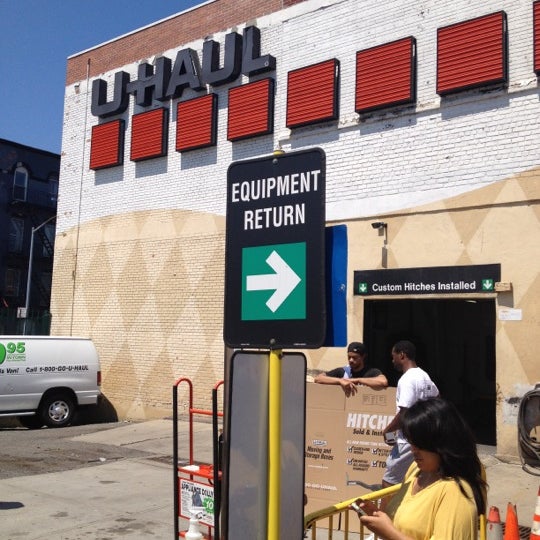Becoming a U-Haul Vendor: A Comprehensive Guide
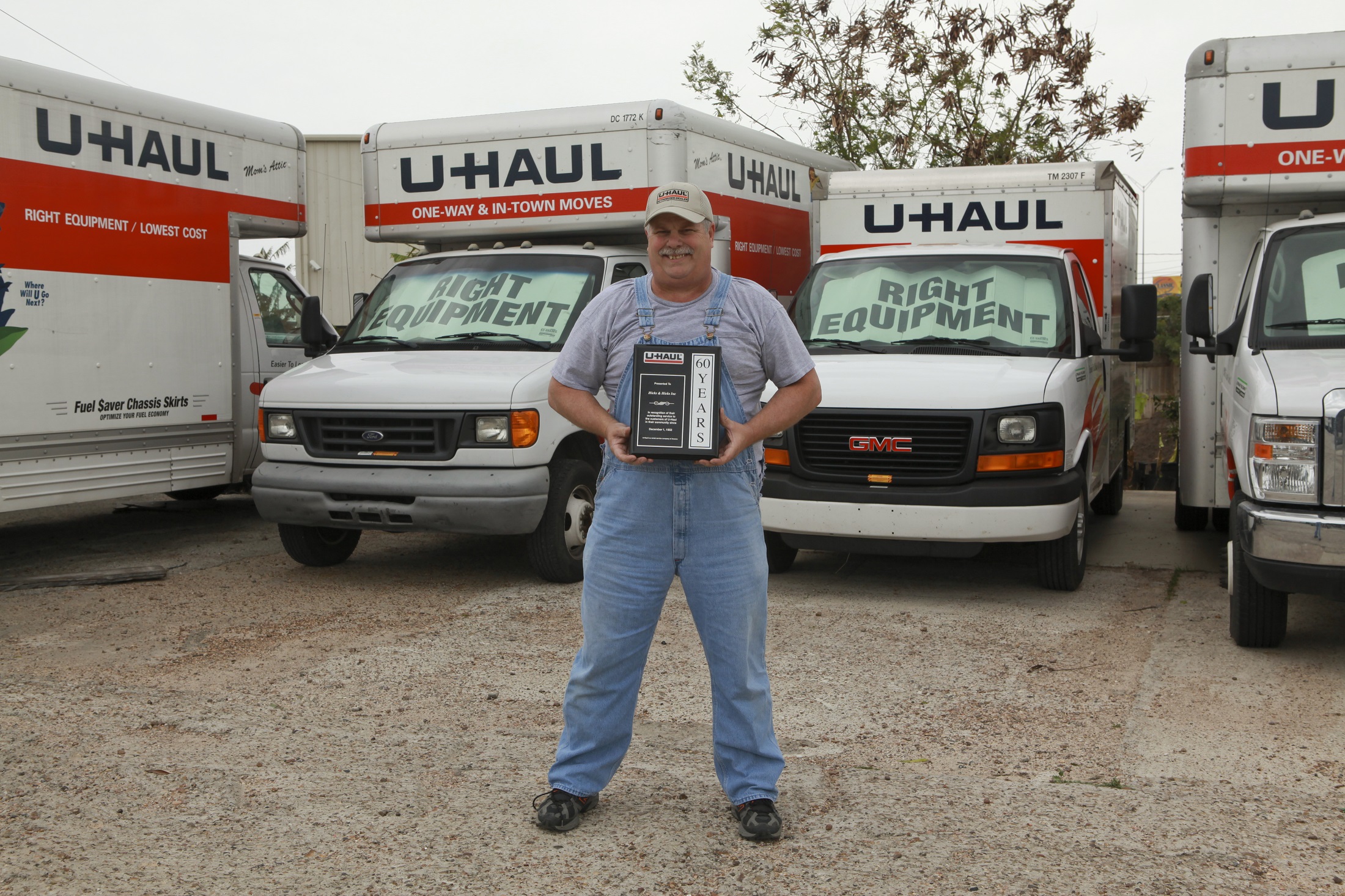
Becoming a U-Haul Vendor: A Comprehensive Guide
Introduction: The Power of Partnership
In the vast landscape of moving and storage solutions, U-Haul stands as an undisputed leader. But what often goes unnoticed by the casual customer is the extensive network of independent businesses that form the backbone of U-Haul’s accessibility: the U-Haul vendor. A U-Haul vendor, or dealer, is an independent business partner that contracts with U-Haul to offer rental trucks, trailers, and moving supplies to their local community. This symbiotic relationship allows U-Haul to extend its reach far beyond its corporate centers, providing unparalleled convenience for customers, while simultaneously offering a robust revenue stream and increased foot traffic for small businesses.
Becoming a U-Haul vendor is more than just adding a service; it’s about integrating into a nationally recognized brand, diversifying your business offerings, and becoming a central hub for essential moving needs in your neighborhood. This comprehensive guide will delve into every facet of becoming and succeeding as a U-Haul vendor, offering insights, practical advice, and a clear roadmap for prospective partners.
What Exactly is a U-Haul Dealership?
A U-Haul dealership operates as an authorized agent for U-Haul, offering its products and services from an existing business location. Unlike a franchise model where significant upfront fees are common, U-Haul’s dealership program is structured as a partnership. U-Haul provides the rental equipment (trucks, trailers, dollies, blankets), the reservation system, marketing support, and often the initial inventory of moving supplies. The vendor, in turn, provides the physical location, staff to manage rentals, and local customer service.
Typical businesses that thrive as U-Haul vendors include:
- Gas Stations and Convenience Stores: Leveraging existing high foot traffic.
- Auto Repair Shops: A natural fit for vehicle-related services.
- Self-Storage Facilities: Offering a complete moving and storage solution.
- Hardware Stores: Complementing their existing range of home improvement products.
- Independent Service Stations: Expanding their community role.
These businesses integrate U-Haul services into their existing operations, providing a seamless experience for customers who might be filling up their tank, grabbing groceries, or getting their oil changed, all while picking up or dropping off a moving truck.
The Benefits of Becoming a U-Haul Vendor
The partnership model offers significant advantages for all parties involved:
For the Vendor Business:
- Additional Revenue Stream: Earn commissions on every truck and trailer rental, as well as sales of moving supplies. This can significantly boost overall business income.
- Increased Foot Traffic: U-Haul’s strong brand recognition drives customers to your location, many of whom may also purchase your existing products or services.
- Diversification of Services: Broaden your business’s appeal and service offerings without major capital investment.
- Enhanced Community Presence: Become a more vital part of your community by providing essential moving resources.
- Low Startup Cost: U-Haul largely covers the cost of equipment and initial inventory, making it an accessible opportunity for small businesses.
- Marketing Support: Benefit from U-Haul’s national advertising campaigns and online reservation system, directing customers directly to your dealership.
For U-Haul:
- Expanded Network: Reaches communities and neighborhoods that might not justify a full corporate center.
- Local Presence: Provides localized, convenient service points for customers.
- Lower Operational Overhead: Leverages existing business infrastructure and staff, reducing U-Haul’s direct operational costs.
For Customers:
- Convenience: Easy access to moving equipment and supplies in their local area.
- Accessibility: A wider network of pick-up and drop-off locations, often with extended hours.
How to Become a U-Haul Vendor: A Step-by-Step Guide
Embarking on the journey to become a U-Haul vendor involves a structured process designed to ensure mutual success.
-
Initial Interest and Inquiry:
Your first step is to express interest. You can typically do this by visiting the official U-Haul website and navigating to their "Become a Dealer" section or by contacting a local U-Haul representative. The relevant page for expressing interest can usually be found at U-Haul Dealer Application. -
Application Process:
You’ll be asked to complete an application form, providing details about your existing business, its location, operating hours, and the services you currently offer. This helps U-Haul understand your business’s suitability. -
Site Assessment and Evaluation:
A U-Haul representative will likely visit your location to assess its suitability. Key factors include:- Space Availability: Adequate, secure parking for U-Haul trucks and trailers.
- Visibility and Accessibility: Easy access for customers and clear signage potential.
- Location Demographics: The demand for moving services in your area.
- Existing Business Operations: How U-Haul services can be integrated without disrupting your core business.
-
Training and Onboarding:
If your application and site are approved, you and your staff will undergo comprehensive training provided by U-Haul. This training covers:- Operating U-Haul’s reservation and rental software.
- Customer service best practices for rental customers.
- Equipment inspection and safety procedures.
- Inventory management for moving supplies.
- Troubleshooting common issues.
-
Dealer Agreement:
You will review and sign a dealer agreement that outlines the terms of the partnership, including commission structures, responsibilities of both parties, and operational guidelines. -
Setup and Launch:
U-Haul will deliver the initial fleet of trucks and trailers to your location, along with display racks and an initial stock of moving supplies. Signage will be installed to clearly identify your business as an authorized U-Haul dealer. Once everything is in place and your staff are trained, you officially launch your U-Haul dealership!
Key Considerations for U-Haul Vendors
Before committing, it’s crucial to consider several operational aspects to ensure a smooth and profitable venture.
- Space Management: Efficiently managing parking for U-Haul equipment is paramount. This includes designated pick-up/drop-off areas and secure overnight parking. Consider how this will impact your existing customer parking.
- Staffing and Time Commitment: While U-Haul integrates into your existing business, it does require dedicated staff time. This includes handling reservations, check-ins, check-outs, answering customer questions, and basic equipment checks. You might need to train existing staff or hire additional personnel, especially during peak moving seasons.
- Customer Service Excellence: As a direct point of contact, your staff represent the U-Haul brand. Providing friendly, efficient, and helpful service is crucial for customer satisfaction and repeat business.
- Inventory and Equipment Readiness: While U-Haul manages the fleet, vendors are responsible for ensuring equipment is clean, fueled (if applicable for returns), and ready for the next rental. Managing moving supply inventory effectively also contributes to profitability.
- Profit Margins and Commissions: Understand the commission structure on rentals and sales of moving supplies. U-Haul provides detailed information on how vendors earn money, which is typically a percentage of the rental revenue and direct sales.
Maximizing Success as a U-Haul Vendor: Tips and Best Practices
To truly thrive as a U-Haul vendor, consider these actionable insights:
- Promote Your Services Locally: Don’t just rely on U-Haul’s national marketing. Use local signage, social media, and word-of-mouth to let your community know you offer U-Haul rentals.
- Maintain Pristine Equipment: A clean, well-maintained truck reflects positively on both your business and U-Haul. Regularly check vehicles for cleanliness and basic functionality between rentals.
- Prioritize Customer Service: Go the extra mile. A smooth, friendly check-in/check-out process can turn a one-time renter into a loyal customer for your other services. Be knowledgeable about U-Haul’s offerings, insurance options, and moving tips.
- Stay Organized: Efficiently manage reservations, paperwork, and inventory. Utilize U-Haul’s dealer portal and tools to keep track of your operations.
- Cross-Sell and Upsell: When a customer is renting a truck, offer them moving boxes, packing tape, locks, or even introduce them to your primary business’s products or services.
- Utilize U-Haul’s Resources: U-Haul provides extensive support, from marketing materials to operational guidance. Don’t hesitate to leverage these resources.
- Understand Seasonal Demand: Moving activity peaks during summer months, holidays, and month-ends. Adjust your staffing and preparedness accordingly. Anticipate demand and communicate with U-Haul to ensure adequate equipment supply.
Potential Challenges and Solutions
While highly beneficial, becoming a U-Haul vendor isn’t without its potential hurdles.
- Challenge: Limited Space:
- Solution: Creative parking strategies, such as rotating equipment based on reservations, or utilizing nearby overflow parking (with permission). Communicate clearly with U-Haul about your capacity.
- Challenge: Equipment Availability:
- Solution: While U-Haul strives to provide equipment, demand can sometimes outstrip supply. Manage customer expectations, communicate promptly with U-Haul about equipment needs, and guide customers on booking in advance.
- Challenge: Customer Disputes or Equipment Damage:
- Solution: Follow U-Haul’s detailed protocols for equipment inspection before and after rentals. Document everything with photos and notes. U-Haul has established procedures for handling disputes and damage claims.
- Challenge: Staff Training and Turnover:
- Solution: Implement ongoing training refreshers for your team. Create a clear, concise operational manual based on U-Haul’s guidelines to ensure consistency even with staff changes.
- Challenge: Seasonal Fluctuations in Demand:
- Solution: During slow periods, focus on local marketing, equipment maintenance, and staff training. During peak times, consider temporary staff or adjust existing staff roles to handle the increased volume.
Financial Overview: Potential Costs and Revenue for a U-Haul Vendor
Understanding the financial aspects is crucial for any potential U-Haul vendor. The table below outlines typical considerations, emphasizing that U-Haul primarily provides the equipment, while the vendor leverages their existing infrastructure.
| Item/Category | Description | Estimated Cost/Investment (Vendor Responsibility) | Potential Revenue/Earning (Vendor Benefit) |
|---|---|---|---|
| Initial Dealership Fee | U-Haul does not charge a traditional franchise fee for becoming a dealer. | $0 | N/A (Cost avoidance) |
| Site Preparation | Minor modifications for parking, clear signage areas, potential office space for U-Haul operations. | Minimal to Moderate (e.g., ~$500 – $2,000 for local signage/minor adjustments) | N/A |
| Staffing Costs | Wages for existing staff handling U-Haul rentals or new hires dedicated to the service. | Variable (depends on hours, local wage rates, and existing staff capacity) | Indirectly contributes to revenue generation. |
| Utilities/Overhead | Use of existing utilities (electricity, internet) and general business overhead. | Covered by existing business operations. | N/A |
| Insurance | Existing business insurance. U-Haul typically covers its own equipment under its policies. | Minimal (review existing policy for any necessary adjustments) | N/A |
| Local Marketing | Any additional advertising the vendor undertakes to promote U-Haul services in their immediate area. | Optional (e.g., ~$100 – $500/month for local ads/promotions) | Increased brand visibility and direct customer acquisition for U-Haul services. |
| Commission on Rentals | Percentage of the rental revenue generated from U-Haul trucks and trailers. | N/A | Significant (Primary revenue stream) |
| Commission on Supplies | Percentage of sales from U-Haul moving supplies (boxes, tape, packing materials, etc.). | N/A | Moderate (Secondary revenue stream) |
| Increased Foot Traffic | Sales generated from U-Haul customers purchasing other products/services from the vendor’s main business. | N/A | Significant (Indirect revenue stream) |
| Self-Storage Referrals | If applicable, commissions for referring customers to U-Haul storage facilities. | N/A | Potential (Additional revenue stream, if offered/relevant) |
Note: The figures provided are estimates and can vary widely based on location, business size, and market demand. Prospective vendors should conduct their own detailed financial projections.
Frequently Asked Questions (FAQ) About Becoming a U-Haul Vendor
Q1: Is there a franchise fee to become a U-Haul vendor?
No, U-Haul does not charge a traditional franchise fee to become an authorized dealer. U-Haul provides the equipment and support, and vendors earn commissions on rentals and sales.
Q2: What kind of space do I need to become a U-Haul vendor?
You need sufficient, secure parking space for U-Haul trucks and trailers, along with adequate visibility and accessibility for customers. A U-Haul representative will assess your location’s suitability during the application process.
Q3: How much can I earn as a U-Haul vendor?
Earnings are based on commissions from truck and trailer rentals, as well as sales of moving supplies. The exact amount depends on your location’s demand, the volume of rentals, and your sales efforts. It can be a significant boost to your existing business revenue.
Q4: Does U-Haul provide training for vendors?
Yes, U-Haul provides comprehensive training for you and your staff on their rental software, operational procedures, customer service, and equipment handling to ensure you are fully prepared.
Q5: What are my main responsibilities as a U-Haul vendor?
Your responsibilities include managing reservations, performing check-ins and check-outs, providing excellent customer service, ensuring equipment is clean and ready, and selling moving supplies.
Q6: Can any business become a U-Haul vendor?
While many types of businesses are suitable (e.g., gas stations, convenience stores, auto repair shops, storage facilities), U-Haul evaluates each application based on location, space, existing business operations, and local demand to ensure a successful partnership.
Q7: How quickly can I get started after applying?
The timeline can vary based on the application volume, site assessment, and training schedules. However, U-Haul aims for an efficient onboarding process to get new dealers up and running as quickly as possible.
Conclusion: A Partnership for Growth
Becoming a U-Haul vendor represents a unique opportunity for small and medium-sized businesses to expand their offerings, attract new customers, and generate additional revenue with minimal capital investment. It’s a partnership built on mutual benefit: U-Haul gains expanded reach and localized service, while vendors gain a powerful brand association, increased foot traffic, and a reliable income stream. By understanding the process, embracing the responsibilities, and focusing on excellent customer service, any aspiring U-Haul vendor can leverage this collaboration to foster significant growth and become an indispensable resource in their community. The journey to becoming a U-Haul vendor is not just about renting equipment; it’s about building stronger businesses and serving communities more effectively.
